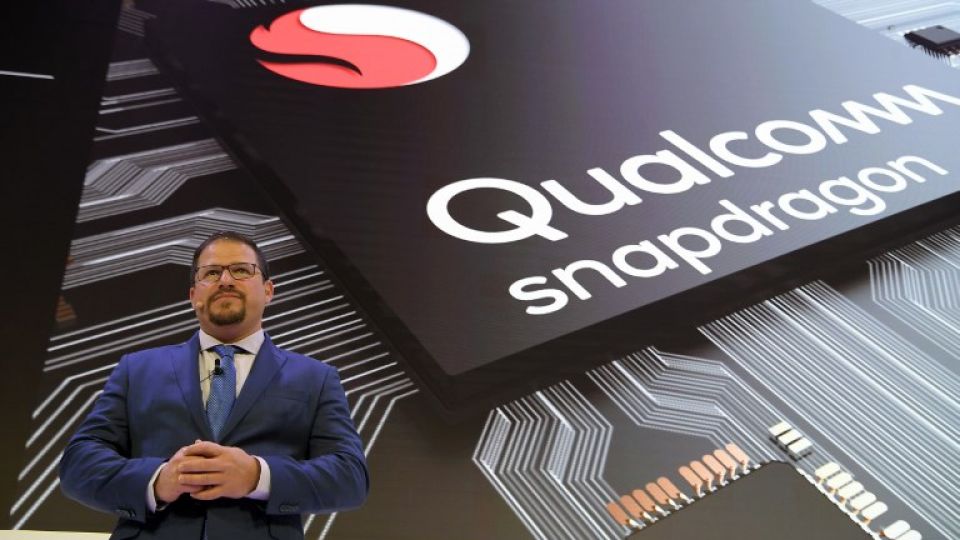October 18, 2018
US-based chip designer Qualcomm has decided to join Taiwan’s 5G technology development alliance organized by the Ministry of Economic Affairs.
An executive with Chunghwa Telecom, one of Taiwan’s largest telecom operators, confirmed Qualcomm’s decision after local media reported Monday that Qualcomm representatives recently visited the office of the 5G alliance to request to join the team.
The Chunghwa Telecom executive, who asked not to be named, told CNA that while details related to Qualcomm’s participation still need to be ironed out, its presence will be welcomed.
He said Qualcomm can be expected to speed up the pace at which the alliance builds an advanced 5G ecosystem, helping the 5G alliance meet its goal of launching commercial applications in no less than two cities in Taiwan in 2020.
Qualcomm will also provide a 5G technology testing platform to Taiwanese partners to help them commercialize their products and penetrate the global 5G communications market, according to local media.
In January, Chunghwa Telecom announced it has teamed up with the MOEA, the government-sponsored Industrial Technology Research Institute (ITRI) and the Institute for Information Industry to form the Taiwan 5G industrial alliance.
Taiwan hopes that through the alliance it can take advantage of its efforts in developing chips, Internet communications, small cell stations and end-user electronics devices to facilitate the country’s 5G technology development.
In addition to the initial members, the 5G alliance has recruited more than 40 tech firms in Taiwan, including integrated circuit designer MediaTek Inc., PC brand Asustek Computer Inc., smartphone vendor HTC Corp., industrial computer developer Advantech Co., contract notebook computer maker Quanta Computer Inc., and broadband solution provider Sercomm Corp.
Qualcomm announced it will open a new operations center in Taiwan in early 2019 as part of its commitment to invest US$700 million in the country over the next five years.
Qualcomm pledged the investment as part of a settlement of an antitrust dispute it reached with Taiwan’s Fair Trade Commission (FTC) on Aug. 10. It also ended up paying a fine of NT$2.73 billion (US$88.34 million), considerably lower than the record NT$23.4 billion fine initially imposed in October 2017.


